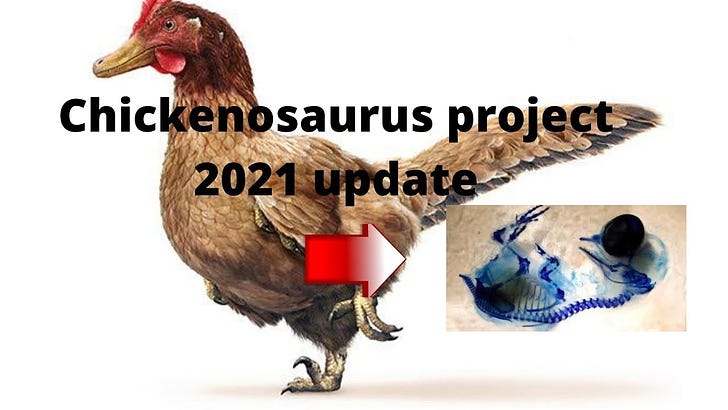Original Blurb from August 2012
First, the links that will scaffold your podcast listening pleasure:
http://www.nancyfulda.com/movement-a-short-story-about-autism-in-the-future
http://escapepod.org/2012/05/15/ep314-movement-hugo-repost/
Hit these before you listen to the show.
Lots of people and places have been hit by North Carolina’s state budget cuts, and they’ve responded to those cuts in different ways. During the faculty pep talk/sermon on Friday, A&T’s Chancellor repeated five or six times that “Winning matters,” because alumni donors give more money to the university when the football team wins.
TEAACH, North Carolina's autism treatment program, doesn’t have a football team. They’ve responded to the cuts with a flurry of fundraising events, from a 5k race to Friday night’s $10/ticket showing of Adam Larsen’s 2011 documentary Neurotypical. I estimated maybe 50 people there, which raised maybe $500? They've also begun charging for some of their services.
The movie itself was pretty interesting, and it brought home to me that every single thought these people expressed was a thought that I have had myself at least once. They just have those thoughts more often and more intensely. In other words, they have a different statistical distribution of thoughts than I do, but the thoughts themselves are not that different.
A major theme throughout was that the normal or “neurotypical” society is all about reducing human mental diversity towards some imagined ideal, whether that ideal is at the center of the distribution or at one edge of the distribution for the particular trait we’re interested in. We want everyone to be social; we want everyone to read books; we want everyone to have straight teeth; whatever the trait is, there’s an ideal, and anyone who doesn’t meet that ideal should be “fixed.” But as I sat at the coffee shop on Saturday, staring at a gorgeous college co-ed, and thinking that yes, she totally flips that beauty switch in my head (like in that Ted Chiang story “Liking What You See: a Documentary”), but once you get past that powerful and primal instinctual reaction, don’t all beautiful people look kind of the same? Aren’t ugly, variable people like the rest of us more interesting to look at, to draw?
However, it’s simply true that the environment selects, so the film’s implied dream of infinite human neurodiversity is not a realistic dream. Sooner or later something bad is going to happen, and people who can’t take care of themselves to some extent are not going to survive that time. It’s just that the environment changes, so it selects different things at different moments, and we can’t predict what it will select in the future. Right now, the information economy is still rewarding some of those very same anti-social traits that it selected against a few generations ago. The richest guy in the world at this moment is a computer geek. Who would have predicted that?
After the movie, there was a local father/son duo, who actually run an autism advocacy/film production company, who came out to talk about their experiences on the Asperger’s-autism spectrum. There was a point where the son kind of went off into a description of “the pen and paper r.p.g. Exalted, which combines elements from several mythologies” and had to be gently redirected back to answering the question. The film mentioned D&D as well, which got me to wondering, based on a whole lot of my own experiences, what it is about role-playing games specifically and science fiction more generally that attracts so many of these people? Is it the rule-based nature of these pursuits? Does that serve a some sort of more approachable, more controllable scaffolding of social skills, the way Nancy Fulda described video games in her Clarkesworld article? Is it simply the shared exclusion from “normal” society?
Production note: Levelator didn't work the first time I tried it, because it also amplified the noise. Combining Audacity's noise filter function and Levelator to even out the sound levels is definitely the way to go. Thanks to Tom Barbalet for pointing out the proper procedure. Rookie mistake, I know. The beauty of digital media (and undergraduate labor) is that all of the old episodes will eventually sound this good.
Updates from 2022
Ten years. Jeez!
The last science fiction publication I could find was a short story collection in 2015. Her author website lists everything, but her Wikipedia page was organized chronologically, which made things much easier.
Since our conversation, Dr. Fulda has returned to academia, specifically her alma mater Brigham Young University in Provo, Utah, where she leads some kind of AI research group called Dragn Labs. That sets up our next two conversations nicely. Stay tuned.












Share this post